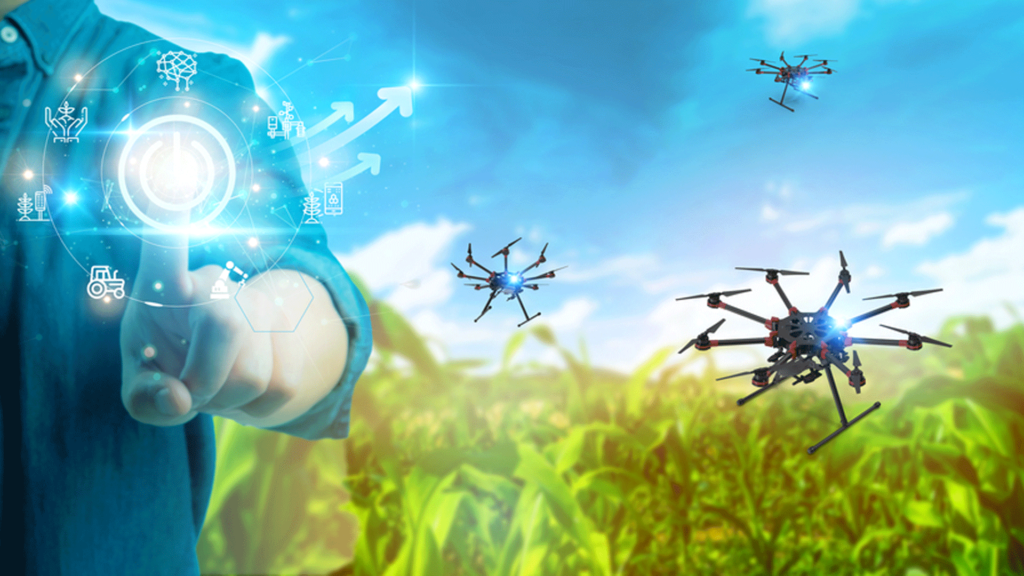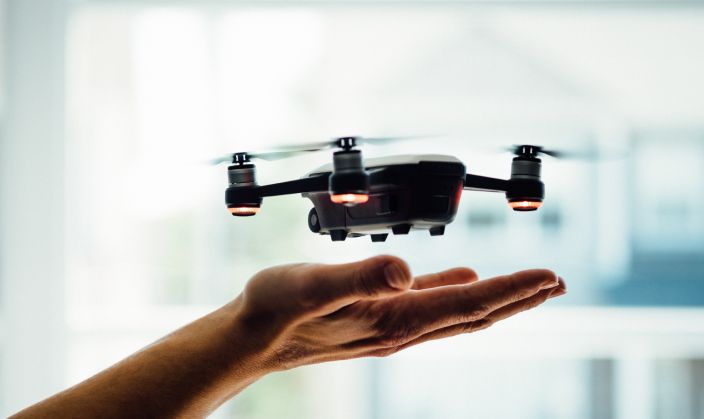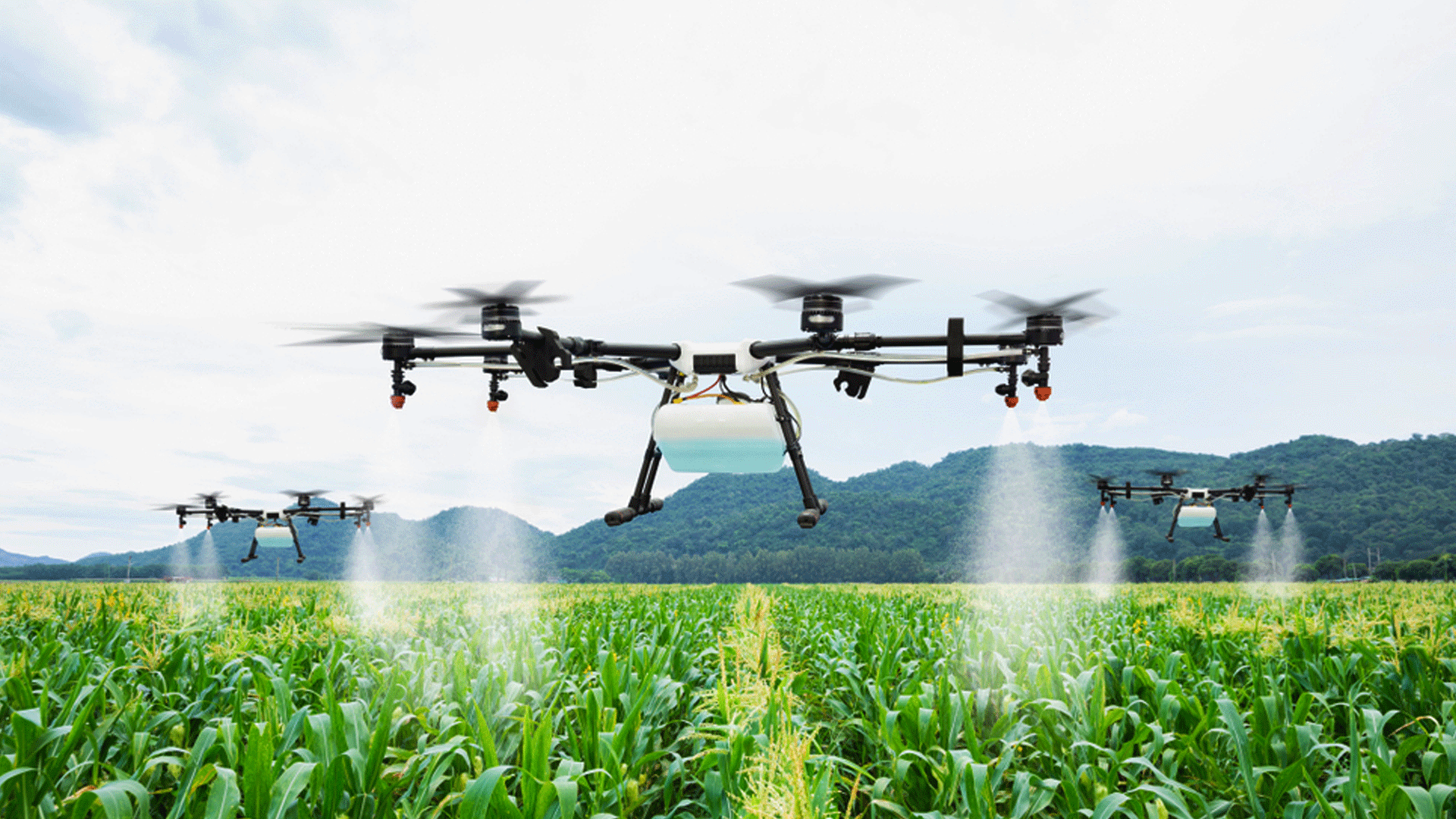Drone technology is being increasingly used in agriculture for various applications, including crop fertilization. Crop fertilization involves the application of fertilizers to crops to enhance their growth and yield. Traditionally, fertilizers are applied manually or by using tractor-mounted equipment, which can be time-consuming, labor-intensive, and may result in uneven distribution of fertilizers.
Drones equipped with specialized payloads such as sprayers can be used for precision crop fertilization. The drones can be programmed to fly over the fields at a predetermined altitude and spray the fertilizers precisely and evenly over the crops. The use of drones for crop fertilization has several benefits, including:
Precision: Drones can be programmed to spray fertilizers precisely and uniformly over the crops, resulting in more efficient use of fertilizers and better crop yield.
Efficiency: Drones can cover a large area of land quickly and efficiently, reducing the time and labor required for fertilization.
Cost-effectiveness: The use of drones for crop fertilization can be cost-effective in the long run, as it reduces the need for labor and can result in better crop yield.
Safety: The use of drones for crop fertilization eliminates the need for farmers to be exposed to potentially harmful chemicals and reduces the risk of accidents.
Data collection: Drones equipped with sensors can collect data on the crops, such as plant health and growth, which can be used for better decision-making.
Overall, the use of drones for crop fertilization has the potential to revolutionize the way fertilizers are applied to crops. It offers a more efficient, cost-effective, and precise solution to crop fertilization, resulting in better crop yield and sustainable agriculture.




